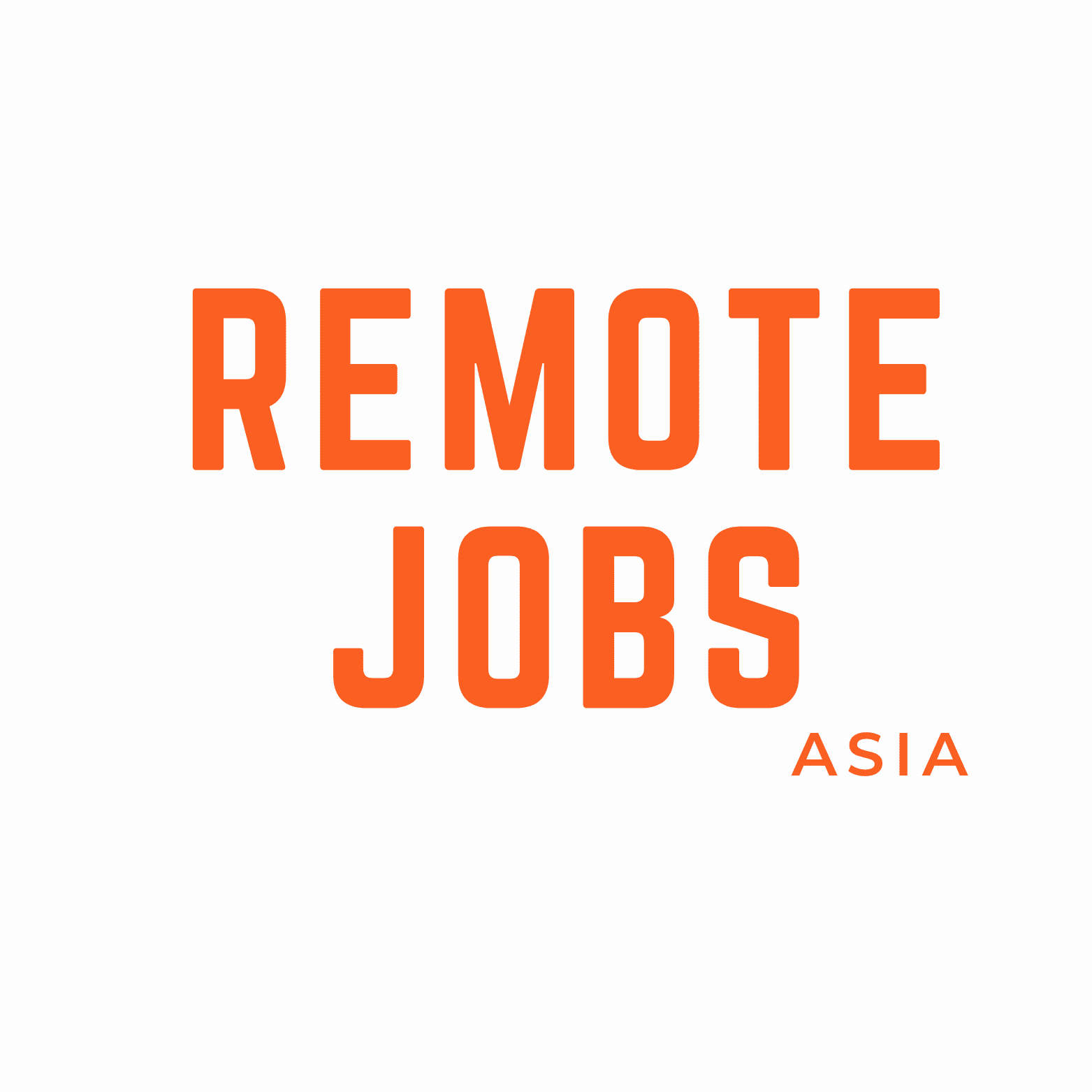What I Should Know Before Accepting a Remote Job with An Overseas Company
Before you take on a remote role with a company based overseas, it is important to ask these 5 questions. We encourage our candidates to ask as many questions as they wish so that they do not encounter surprises when they start work with the company.
What is the employment setup?
Will you be engaged as a full-time employee, independent contractor, or freelancer? Clarify this early, as it affects your taxes, benefits, and legal protections in your home country.
What are the working hours and in which time zone?
Know the company’s working hours and in which time zone. Do not assume that the working hours will be aligned to your time zone. If you will be required to work in a time zone different from yours, do be sure that this is something you will be comfortable with, considering your own lifestyle and obligations outside of work.
What are the expectations and contractual terms?
Ask for an employment contract or engagement agreement. It should outline your work responsibilities, project deliverables, compensation/salary, payment terms, work hours, benefits (if applicable), and notice periods. It is always good to have clear expectations to prevent misunderstandings later on.
How will payment be made to me? What are my responsibilities for payment of taxes?
Find out how you will be paid (e.g., bank transfer, PayPal etc), how often and in what currency. In the negotiation of your salary, you may wish to factor in currency fluctuations if you are not paid in your local currency. With regard to taxes, do check your local tax laws on how to declare your income properly.
How does communication within your team look like?
When you work remotely, strong communication with your team is important. Do find out what are some of the tools that the company uses e.g. Slack, Notion, Zoom, and learn how to use those tools. It will be good to also check if a laptop will be provided or if you will have to purchase your own. Beyond tools, you may wish to ask what will be your team’s and company’s communication cadence with you, who will be working remotely. This is especially important if you are a remote employee or independent contractor who will be working long-term. Some companies may have their remote teams fly into the company’s home country annually or more, to create opportunities for bonding.
Hope these are helpful tips as you consider an offer for a remote role with an overseas company. If you are looking for remote jobs, do check out our page with current job openings.

